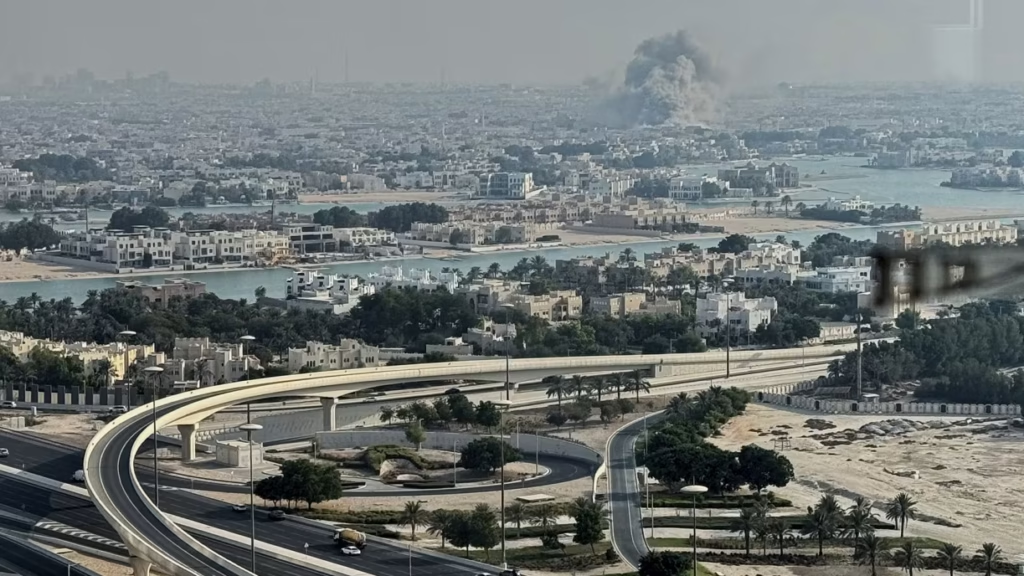The Middle East was shaken this week after an Israeli airstrike hit a building in Doha where Hamas political leaders were meeting, leaving six people dead and forcing a pause in delicate ceasefire negotiations. The dead included a Qatari security officer and the son of Khalil al Hayya, one of Hamas’ senior negotiators, though Hamas leadership insisted its top figures survived.
The strike came as Hamas delegates reviewed a new truce proposal under Qatari mediation. Qatar swiftly condemned the attack, describing it as state terrorism and a violation of its sovereignty. Officials in Doha warned that the strike risked undermining their role as mediator and could derail peace efforts entirely.
Israel claimed full responsibility for the operation, with Prime Minister Benjamin Netanyahu defending it as a targeted mission against what he called terrorist leaders. He also issued a warning to other countries not to provide shelter for Hamas figures, hinting at the possibility of similar actions beyond Israel’s borders in the future.
The move drew swift international condemnation. The United Nations Security Council, backed by the United States, urged restraint and stressed that diplomatic solutions were still necessary. Gulf states including Saudi Arabia and the United Arab Emirates denounced the operation as reckless and destabilizing.
With ceasefire talks now frozen, analysts fear the attack could reshape regional alliances and weaken Qatar’s credibility as a neutral mediator. Beyond the immediate casualties, the strike signals a dangerous escalation in a conflict already marked by deep mistrust, leaving open the question of whether any peace framework can survive.


